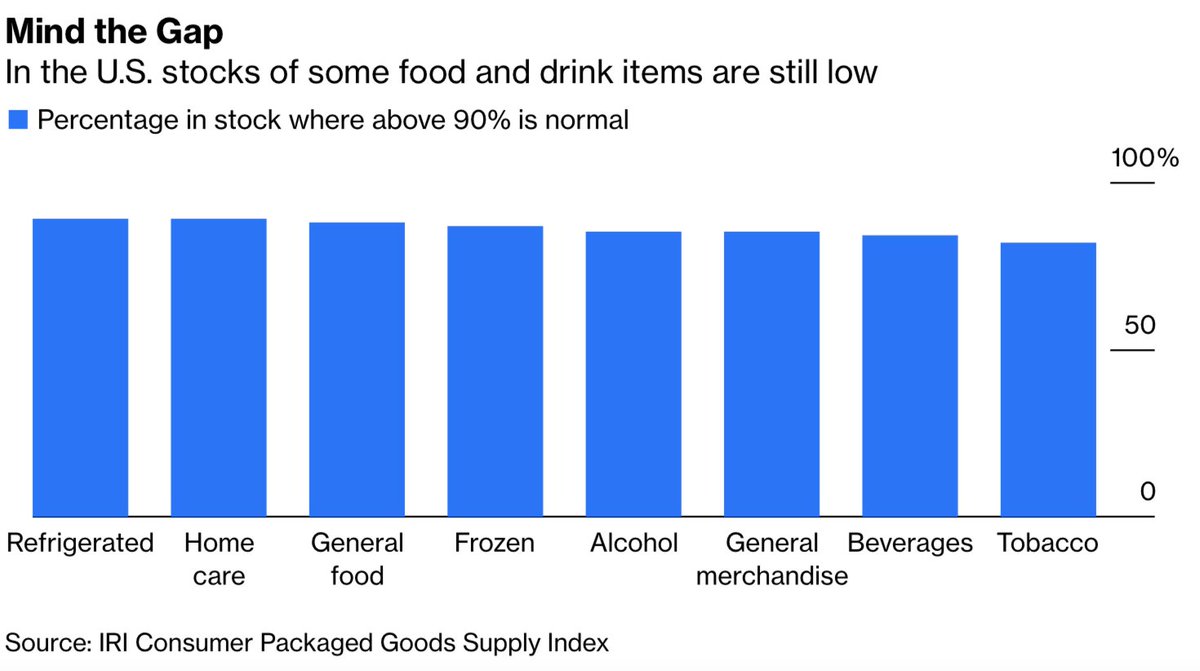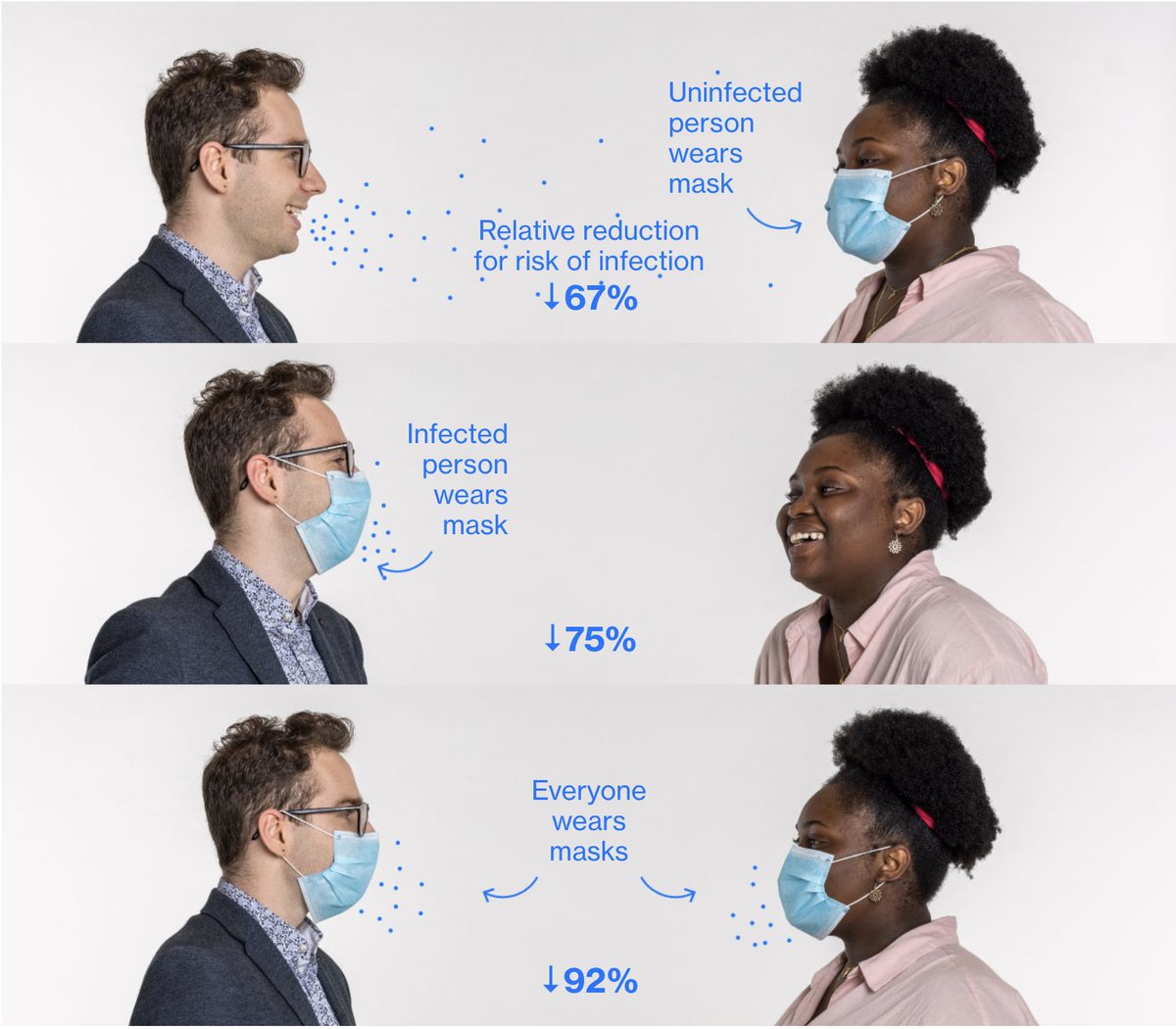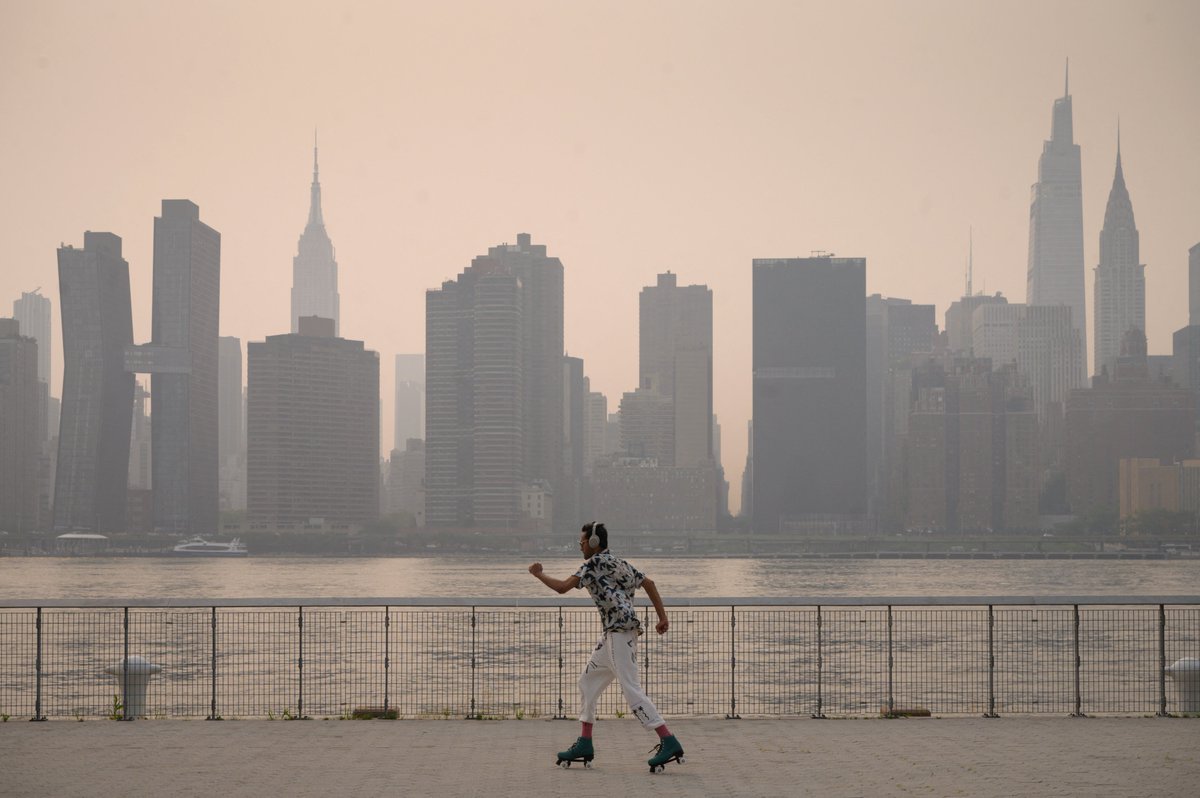
As the great resignation takes hold, workers across industries are sharing stories of burnout.
U.S. labor productivity rose 2.3% in the second quarter, but evidence suggests the number went up as fewer workers did more trib.al/1ap0o3I
U.S. labor productivity rose 2.3% in the second quarter, but evidence suggests the number went up as fewer workers did more trib.al/1ap0o3I
Most employees are working more hours each week compared to pre-pandemic times, especially in health-care and other service-oriented jobs.
Here's some advice for employees who don't have the luxury of quitting their current jobs trib.al/1ap0o3I
Here's some advice for employees who don't have the luxury of quitting their current jobs trib.al/1ap0o3I

Start by talking to your employer.
Come to the conversation armed with explanations of how better conditions such as time off or increased compensation are likely to result in increasing performance or employee retention trib.al/1ap0o3I
Come to the conversation armed with explanations of how better conditions such as time off or increased compensation are likely to result in increasing performance or employee retention trib.al/1ap0o3I
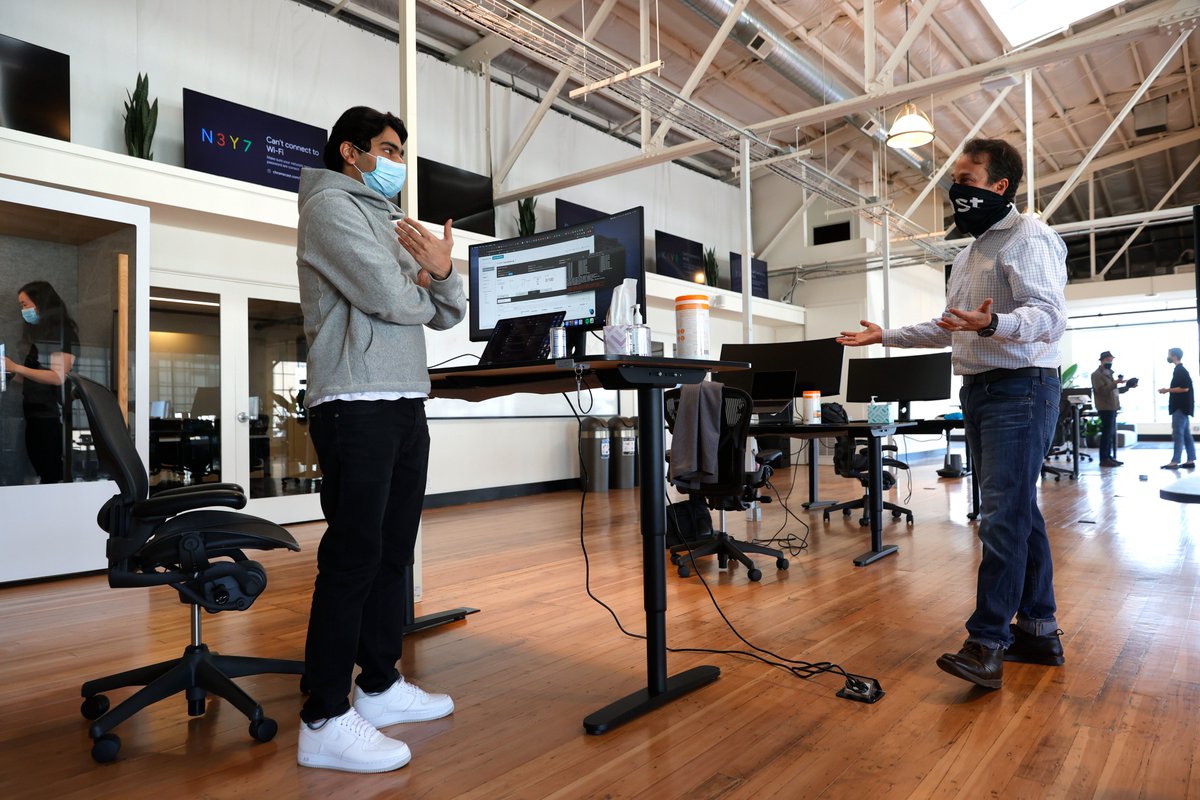
If employees feel that the conditions they're working under cross the line to being unsafe, they can file a complaint with their local Occupational Safety and Health Administration office.
The conditions must violate a specific standard or pose a hazard trib.al/1ap0o3I
The conditions must violate a specific standard or pose a hazard trib.al/1ap0o3I

If workers are concerned that they aren't being compensated properly for hours they've worked, they should contact a Wage and Hour Division office trib.al/1ap0o3I 
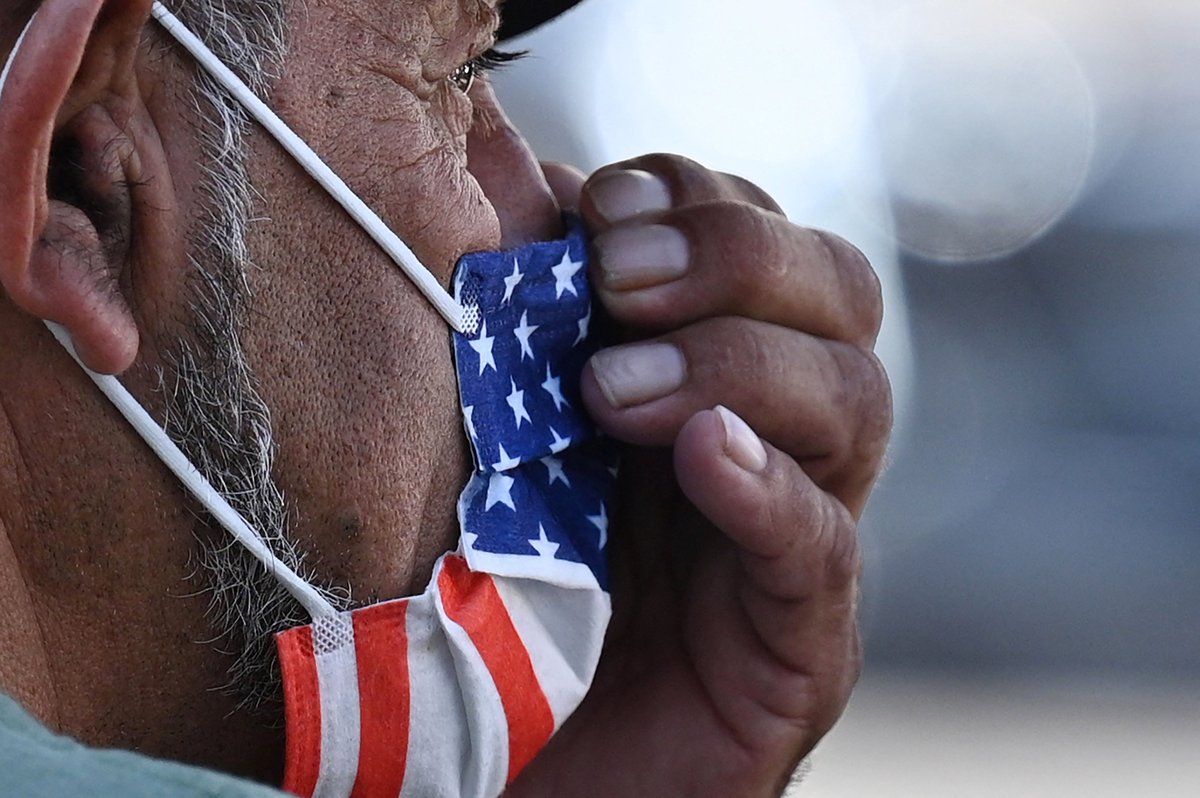
There's the option to unionize for some workers.
Research shows unions have historically been the impetus for employees to receive more paid time off for holidays and vacation as well as more generous retirement benefits trib.al/1ap0o3I
Research shows unions have historically been the impetus for employees to receive more paid time off for holidays and vacation as well as more generous retirement benefits trib.al/1ap0o3I

Unionized workers are more satisfied at work.
As union membership has declined, worker’s pay has increased just 16% while productivity has jumped 60%. But unionizing is hard and often met with push back trib.al/1ap0o3I
As union membership has declined, worker’s pay has increased just 16% while productivity has jumped 60%. But unionizing is hard and often met with push back trib.al/1ap0o3I

Those who are overworked should reconsider if they truly have to or want to stay in their current job.
Jobs in government and finance have lower quit rates. Those industries could be more promising for those open to or able to making a career switch trib.al/1ap0o3I
Jobs in government and finance have lower quit rates. Those industries could be more promising for those open to or able to making a career switch trib.al/1ap0o3I

• • •
Missing some Tweet in this thread? You can try to
force a refresh



